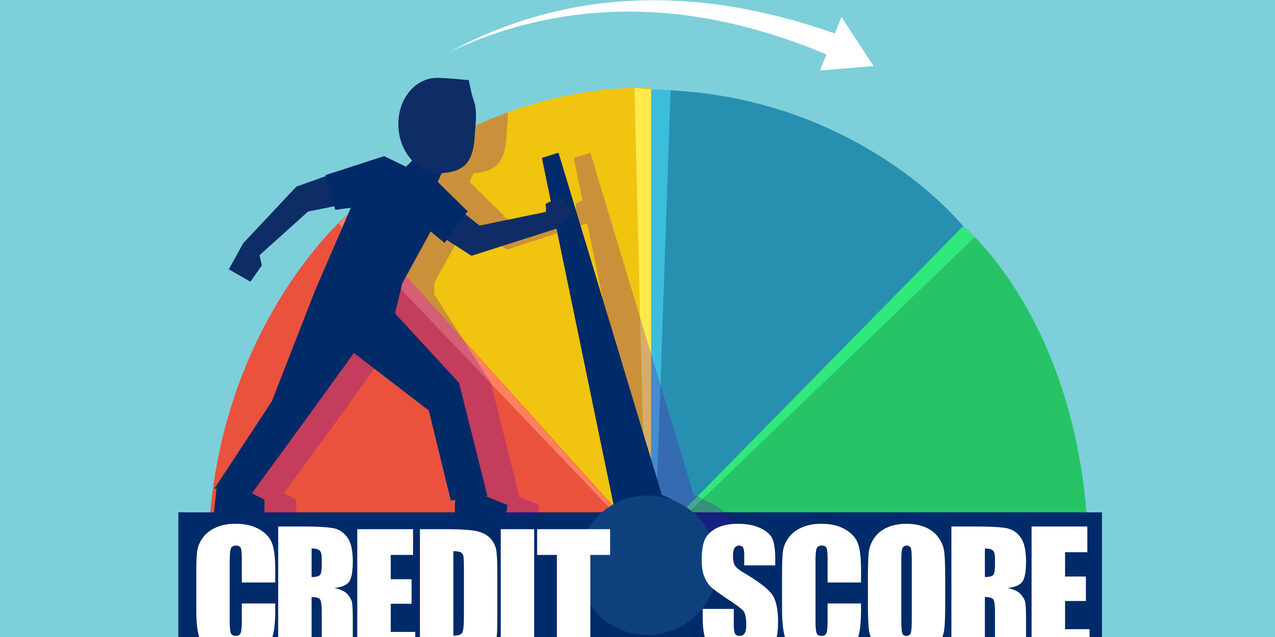Fair Isaac Corp, commonly known as FICO, recently announced that a new version of their credit scoring model will be available later this year. FICO scores are used by 90% of lenders to assess an individual’s credit risk. Certified financial planner Suzanne Himes, with Asset Planning Corporation, is here with more information on this important update and how it will impact our finances.
SUZANNE, WE HEAR ABOUT FICO SCORES, BUT HOW DID THEY COME INTO BEING?
- Need for a standardized scoring system; Fair Isaac worked with the major reporting agencies to develop their first scoring model in 1989.
- The last major update was six years ago with FICO 9 and now we have the new FICO 10.
HOW DO FICO SCORES AFFECT THE AVERAGE CONSUMER?
A FICO score is like a summary of your credit report that measures:
- Total credit you have and how much of that is being used (utilization rate)
- How long you’ve had credit
- Number of new account applications (hard inquiries)
- Payment history (on-time, late)
Plays a large part in determining:
- How much you can borrow
- How long you have to repay the loan
- The interest rate you will pay
WHAT ARE THE CHANGES IN FICO 10 THAT WE SHOULD KNOW ABOUT?
Important changes in FICO 10:
- Scores will consider trended data for the first time
- Looking at past 24 months
- Includes balances, minimum payment requirements, amounts you paid on your most recent statements
- Differentiates between paying in full each month vs. carrying a revolving balance
- Allows scoring model to determine whether you are reducing, maintaining, or increasing balances over time – so reducing debt more likely to be rewarded (good to save money on interest too!)
- Late payments will hurt scores more than with prior FICO models, so think about setting up auto-pay for at least the minimum due for all accounts; you can always pay more
- Credit utilization will have a bigger impact – the amount of balances compared to credit limits
- Personal loans treated differently (unsecured loans); may be penalized for simply having them
Bottom line:
- If you have good credit and a good FICO score already, likely to have an even higher score
- If you have a poor score currently, likely to have a lower score under FICO 10
- Path to improving scores is still the same; pay on time, keep utilization low
QUESTIONS?
Do you have questions about FICO scores? Send your questions to our Knoxville Certified financial planners or directly to suzanne@assetplanningcorp.com!



